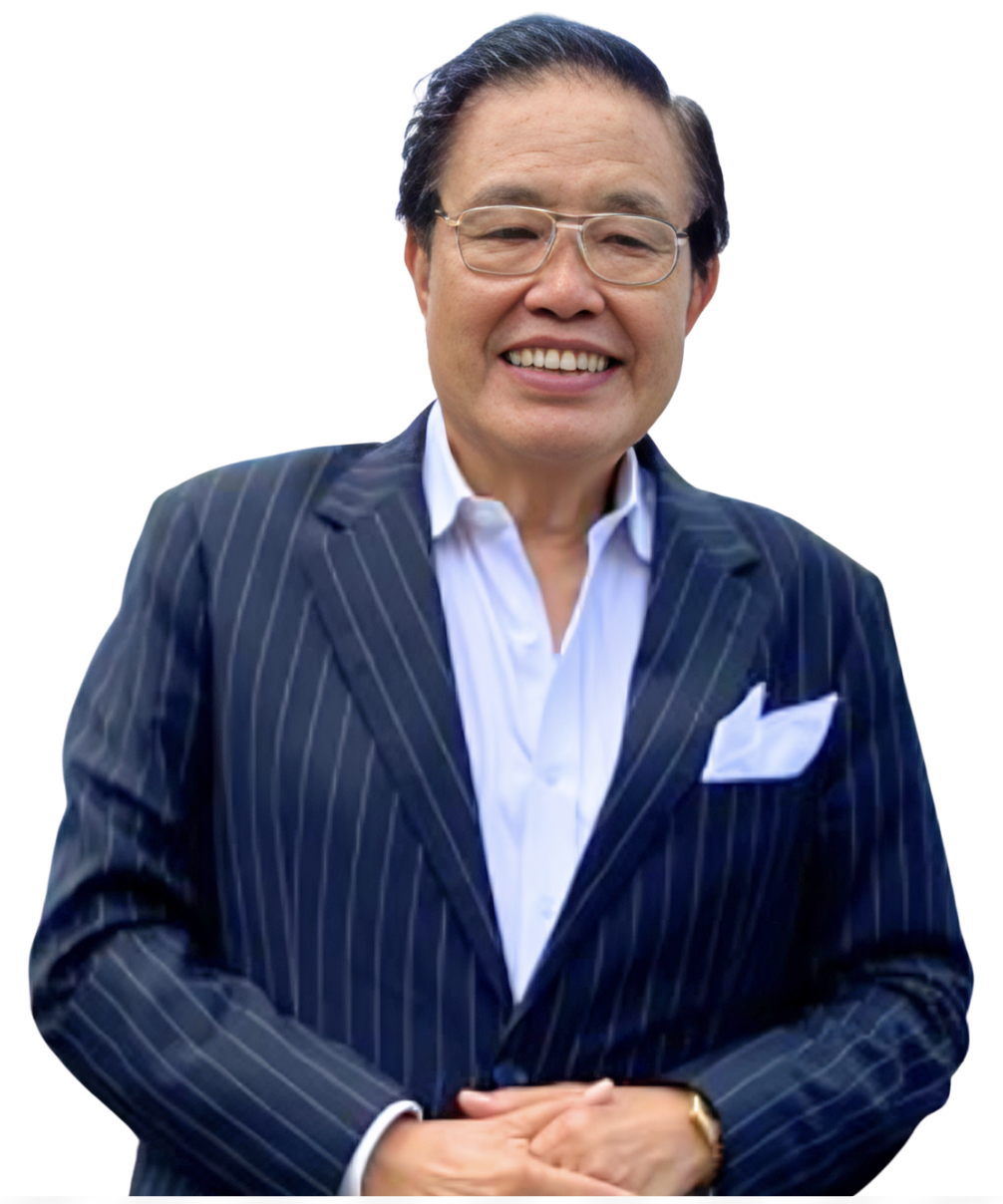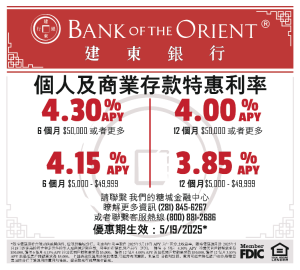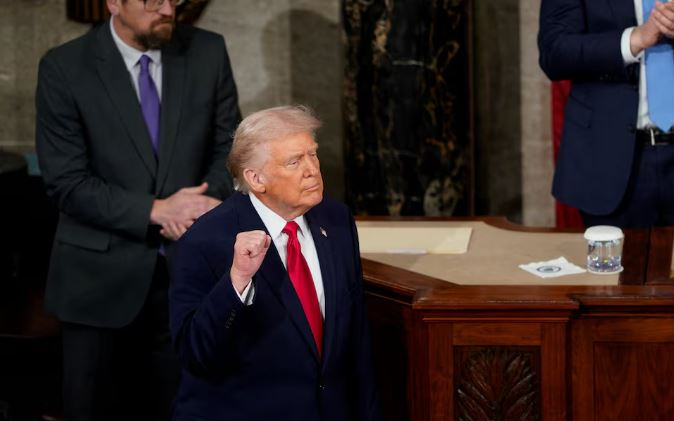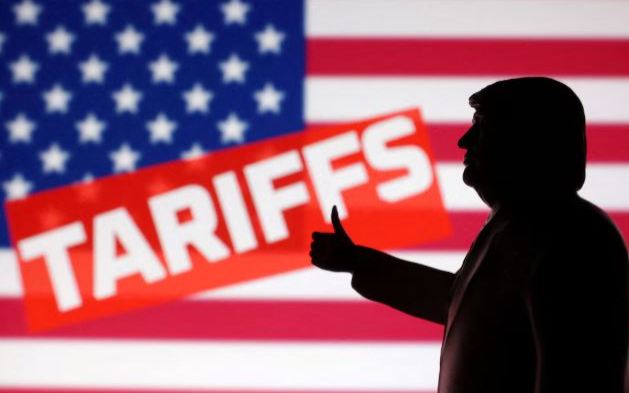美國政治重整:在撕裂與重構之間的民主試煉
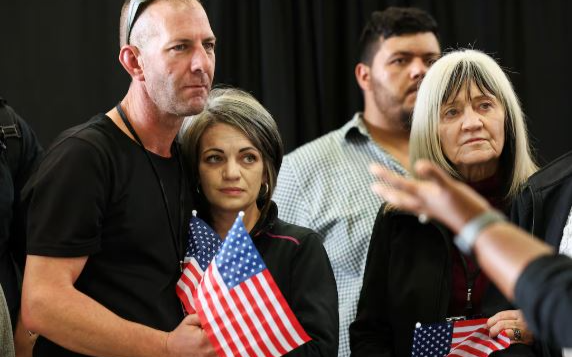
美國正站在歷史的轉折點。這個曾以制度穩定與多元包容自豪的國家
二十一世紀初的美國政治版圖,與冷戰時代已大不相同。曾經以族裔
2024年的選舉成為催化劑。隨著「川普現象」延續、「拜登主義
政治重整不只是權力的更迭,更是美國靈魂的辯論。它考驗著這個國
然而,重整也意味著新機會。亞裔、美裔拉丁人、年輕族群與新移民
歷史上的每一次美國政治重整,都伴隨著危機與希望。從林肯的共和
在撕裂與重構之間,美國正書寫新的政治章節。而這一次,誰能理解
The Political Realignment of America: Between Division and Renewal
America stands at a historic crossroads. The nation once celebrated for its institutional stability and pluralistic democracy is undergoing a profound political realignment — not merely a shift in party dominance, but a reconfiguration of ideology, class, and values.
The political landscape of the twenty-first century bears little resemblance to that of the Cold War era. The old alliances once defined by race, religion, and region are being redrawn along lines of education, class, and cultural identity. The Democratic Party has lost part of its blue-collar base, while the Republican Party has forged new populist strength among rural and working-class white voters. Both parties now face internal fractures, and the nation enters an age of uncertainty where neither ideology holds undisputed sway.
The 2024 election accelerated this transformation. With the continuation of the “Trump phenomenon” and the waning of “Bidenism,” a new generation of voters no longer defines loyalty by party lines, but by who best represents their unease. For some, national security and immigration symbolize order; for others, climate action and social justice embody hope. These visions need not be inherently opposed — yet in the age of social media and ideological polarization, they have hardened into battle lines.
Political realignment is not just a contest of power; it is a debate over the American soul. It tests the country’s ability to balance freedom with equality, global openness with local identity. As partisanship paralyzes Congress and value gaps widen among states, even the meaning of the “Union” itself is being reexamined.
Yet within this upheaval lies possibility. Asian Americans, Latinos, young voters, and new immigrants are emerging as pivotal forces in shaping America’s future. Their multilingual voices, cross-cultural sensibilities, and digital-era agility may provide the creative energy needed for renewal. For Chinese Americans and other immigrant communities, this moment offers a chance to evolve from the “silent minority” to a visible and decisive constituency.
Every political realignment in American history has carried both crisis and hope. From Lincoln’s Republican revolution to Roosevelt’s New Deal coalition, and Reagan’s conservative wave — each period of rupture has eventually given birth to new consensus. Today’s divisions, though deep, may yet signal another necessary rebirth of American democracy.
In this struggle between fragmentation and reconstruction, the United States is composing a new political chapter. And this time, those who can hear the country’s many voices — and respond to the unheard — will become the storytellers of America’s next age.


